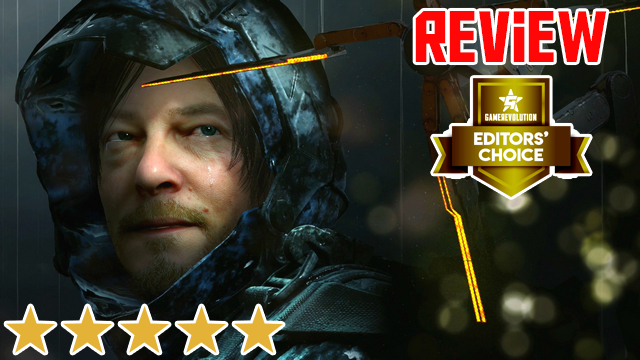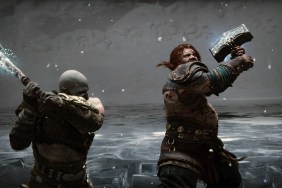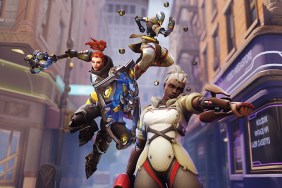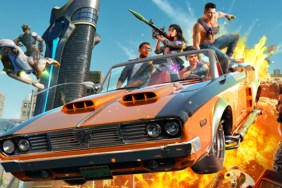Death Stranding is an anomaly in the video game industry. With AAA studios firmly entrenched, we seldom get to see a brand new studio like Kojima Productions get a blockbuster budget, A-list celebrity casting, and the backing of Sony for their first title. Of course, Hideo Kojima isn’t just any developer. He’s been involved in developing some of the most-lauded games…
-
One of the best stories in a game to date.
-
Deceptively simple, but addictive gameplay loop.
-
Amazing casting and acting.
-
Excellent graphics, sound, and performance.
-
Cohesive design.
-
Lets you take on the story at your pace without losing a sense of urgency.











